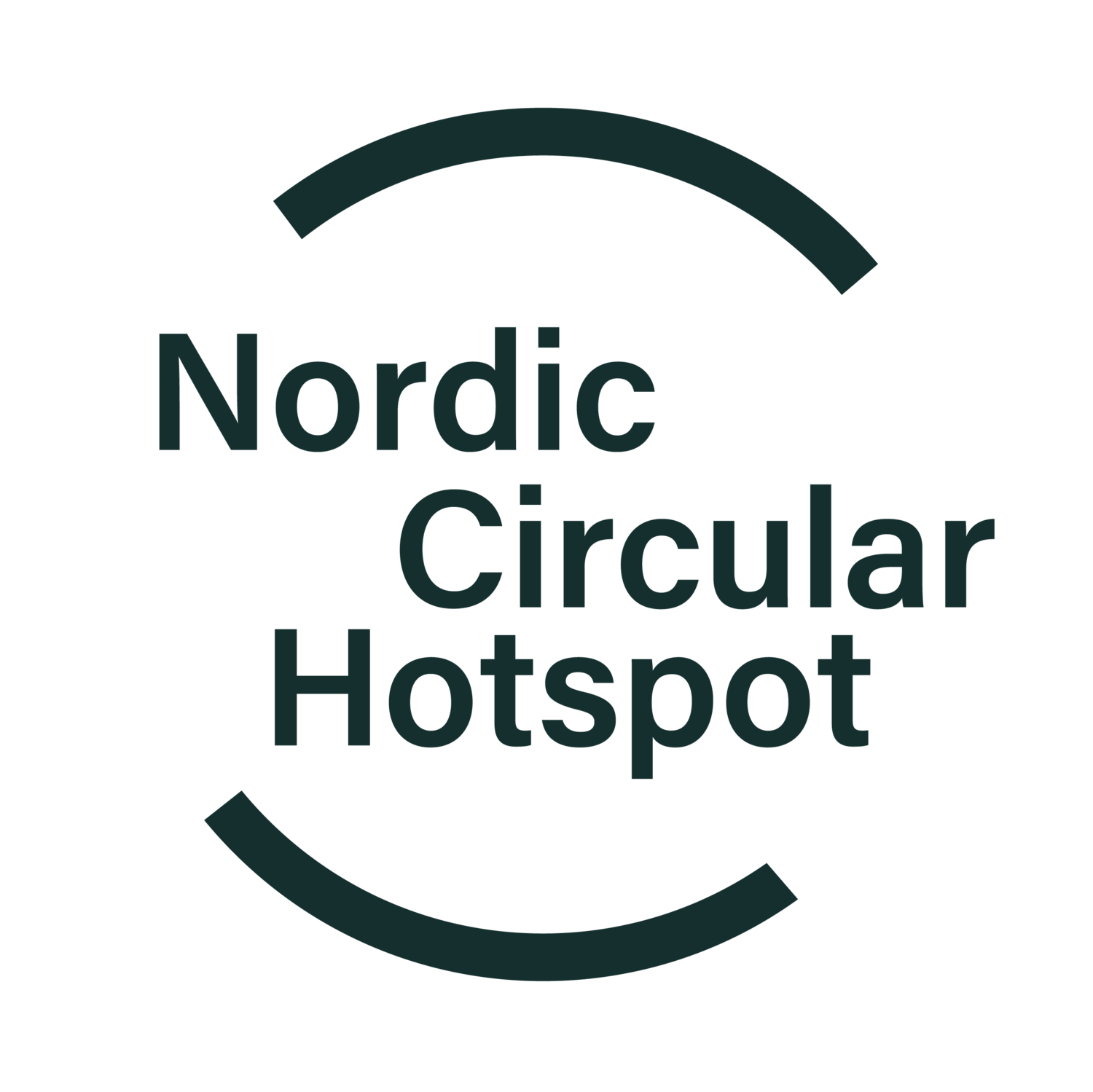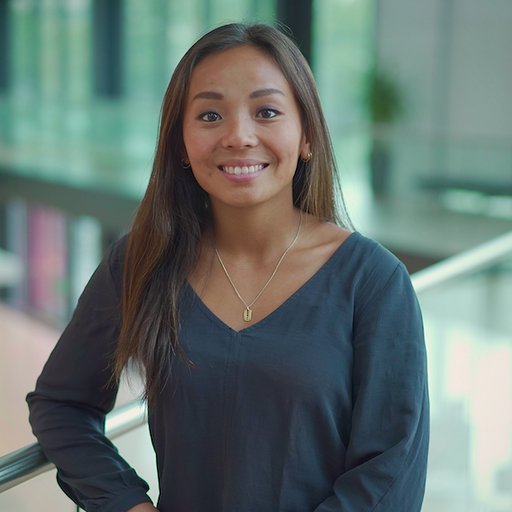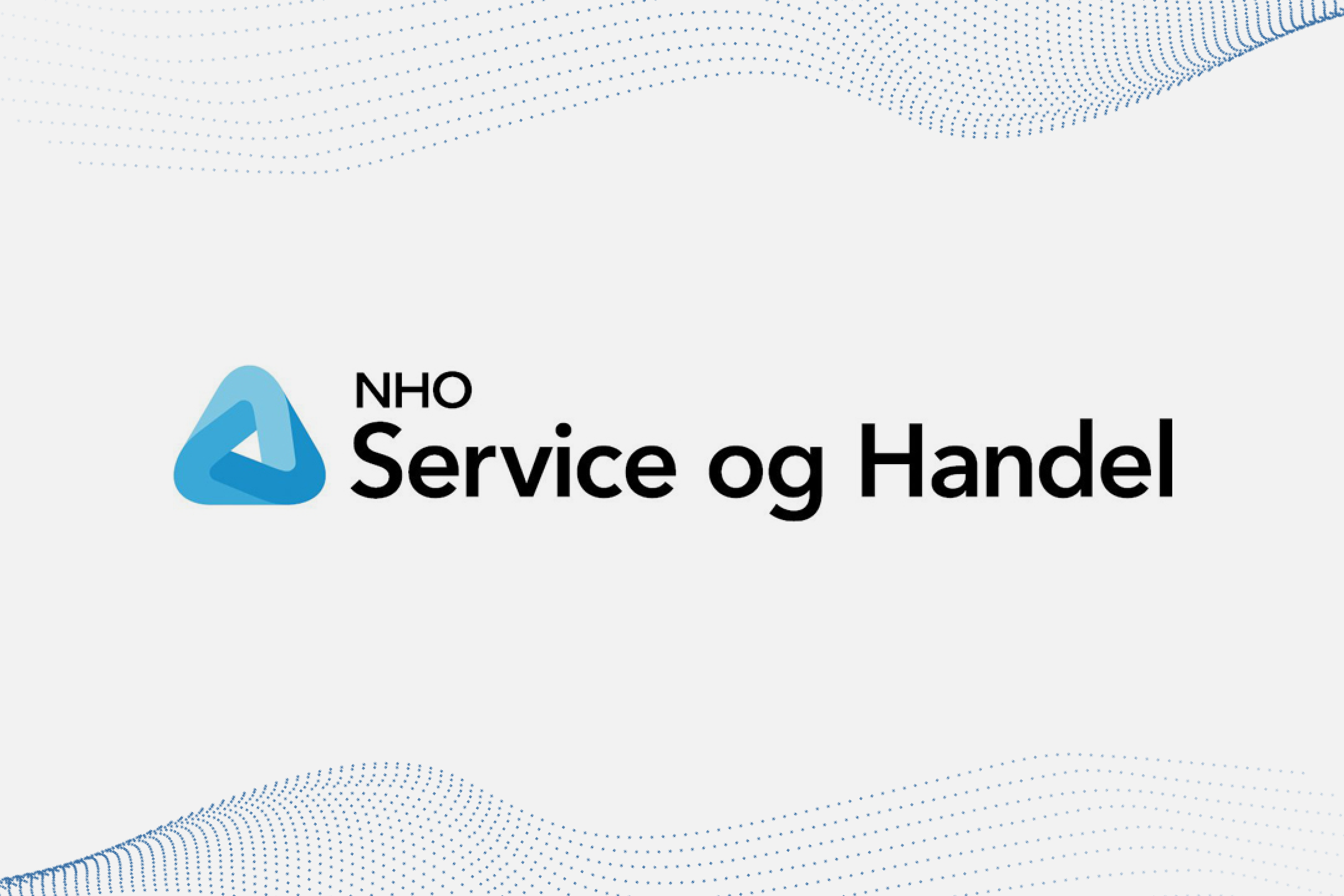Nordic Circular Transition Groups — Collaboration on Circularity
In 2022, the Nordic Circular Hotspot launched a new flagship initiative, the Nordic Circular Transition Groups. These working groups focus on enabling and advancing the circular transition within specific sectors or topics. Made out of members of our Partnership Programme, and those on their way to join, these groups have now been at work for almost a year. In this article, we have a look at what has happened in that year and introduce new Transition Groups — many of which are currently looking for new members!
Rolling our sleeves to work on the circular transition
The Nordic Circular Transition Groups were launched at an online event in May 2022 with four pilot groups on the topics of leadership, bill of materials systems, policy and regulations and the construction sector. The first year of the groups has been a learning phase, as we have tried out, evaluated and adjusted the initiative.
The purpose of the Transition Groups is to facilitate collaboration between people, businesses and organisations who might not otherwise work together despite sharing the same aims regarding the circular economy. The Transition Groups are our systemic and strategic approach to moving from linear value creation into circular and sustainable models across all market spheres in the Nordics.
The four pilot groups have all taken different paths within the set framework of the initiative and the first draft white paper was introduced at the Nordic Circular Summit in November on behalf of the construction group.
Introducing new groups in 2023
The initiative has now grown with three more groups. We are very glad to introduce Transition Groups on Reverse Logistics, led by Posten Bring, and Financing, led by RISE Resource Institute of Sweden — as well as give advance notice of a group on Circular City Life, led by Natural State and Circle Economy, which will be starting later this year.
Reverse Logistics and Transportation
“Logistics is a core activity that needs to be managed to achieve a circular society, but the logistics also need to be redesigned.”
The aim of this group is to create circular change by generating and sharing insights and knowledge about the challenges, opportunities and alternative solutions related to reversed logistics. So, what is reverse logistics? In short, reverse, or reversed, logistics means transporting products back up the supply chain, from the consumer to the seller or manufacturer. Reverse logistics are needed for example for returns, repairs or repurposing — making them essential for the circular economy. However, currently, only very limited solutions are available.
Through testing and close work with selected partners, this Transition Group aims to foster new circular business models and solutions with the aim to contribute to developing a market for circular businesses and motivating businesses to enter the circular space by demonstrating that it is possible and profitable. The group is led by Hanna Feng Diesen, Business Developer on Innovation Partnerships at the logistics giant, Posten Bring.
“In a circular society resources and goods are flowing through different systems and taken back into resource loops in order to create and maximize value. Creating value from long-lasting use and reuse of resources can for instance be done by enabling sharing, renting, repairment, and recycling. Logistics is an important piece in the bigger puzzle to make that happen in a smooth and efficient way. Effective reversed logistics can lead to improved customer satisfaction, improved bottom lines, and better use of supply chains and the environment, and they ensure that, whenever possible, products are reused rather than wasted or thrown away. Logistics is a core activity that needs to be managed to achieve a circular society, but the logistics also need to be redesigned. This is what we are eager to learn more about and contribute to,” Hanna Diesen explains.
Hanna sees this Transition Group as closely connected to advancing Posten Bring’s ambitious climate and sustainability goals. “It's relevant for us to take part in this work and to lead the Transition Group for reversed logistics while we connect with other stakeholders that we can learn, co-create and collaborate with. We hope to use our capabilities and experiences related to logistics together with other partners to speed up the circular transition,” she states. The Reverse Logistics group is, in particular, interested in connecting with businesses and organisations that operate within online retail, repairs and companies which have new explorative business models for developing a two-way relationship with the consumer. If you would like to join the Reverse Logistics group, contact either the group leader Hanna Feng Diesen at Hanna.Diesen@posten.no or the Transition Groups Coordinator Kristian Johnsrud at kristian@naturalstate.no.
Circular Financing
“Financing is a key enabler for transition to and scaling of circular business models, and we need the industry to step up to both shape and grab the opportunities ahead.”
The second one of our new groups, Circular Financing, led by RISE is aiming to develop a common understanding of the perspectives, knowledge and competencies needed for financial actors to integrate and implement sustainability and circular economy as a core strategy in their business — including risk assessment and credit strategy.
“Financing is a key enabler for transition to and scaling of circular business models, and we need the industry to step up to both shape and grab the opportunities ahead. I am very glad that we already have both banks and other investors committed to the group and I am very eager to get going with the work,” states the group’s leader Ann-Charlotte Mellquist, a Senior Researcher at RISE.
The group will be working around themes such as building knowledge and capacity, risk and circularity metrics, new credit products and regulatory topics, including credit ratings and capital adequacy ratio. The group’s aims include developing a circular finance roadmap for the Nordics.
“We plan on building on earlier work that has been done in the area in other parts of the world, for example in the Netherlands. We believe that the Nordic area is in a unique position to be at the forefront considering that the finance industry is already well-developed and also quite integrated across the different countries.”
The group is still open to participating institutions and businesses. “We are welcoming new members from any part of the finance industry that want to be at the forefront of the circular transition. Especially from Norway and Denmark, who are still underrepresented in the group.” If you would like to join the Financing group, contact either the group leader Ann-Charlotte Mellquist at ann-charlotte.mellquist@ri.se or the Transition Groups Coordinator Kristian Johnsrud at kristian@naturalstate.no.
Join a Transition Group today
The Transition Groups are primarily aimed at members of the Nordic Circular Hotspot Partnership Programme. However, we are open to inviting in businesses and organisations which are considering joining the Hotspot. If you would like to learn more about how you can be involved in the Transition Groups, do not hesitate to contact the initiative coordinator Kristian Johnsrud, kristian@naturalstate.no, or get in touch with us — most of the groups are still open to new and prospective members.















